
Emirates has once again redefined excellence at the Arabian Travel Market (ATM) 2025, marking its most successful presence to date with record visitor numbers and nearly 40 strategic partnerships forged across the global travel ecosystem. Held at the Dubai World Trade Centre from April 28 to May 1, the event brought together over 55,000 industry professionals from 161 countries and featured more than 2,800 exhibitors, making it the largest edition in ATM’s 32-year history.
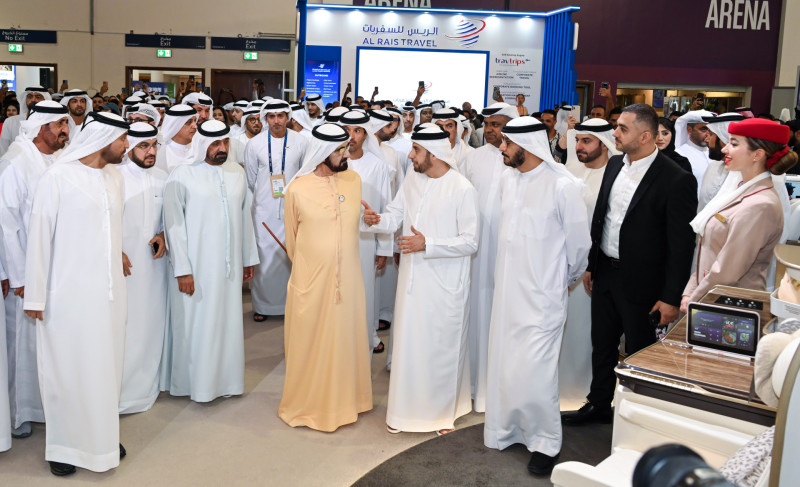
Record-Breaking Engagement and Showcase of Innovation
Emirates’ stand was the centerpiece of ATM 2025, welcoming a staggering 27,000 visitors over the four-day event. Attendees experienced firsthand the airline’s latest innovations, including the new-generation A350 Business Class and Premium Economy seats, the signature Onboard Lounge and Shower Spa, and a dedicated showcase of sustainability and accessible travel initiatives.
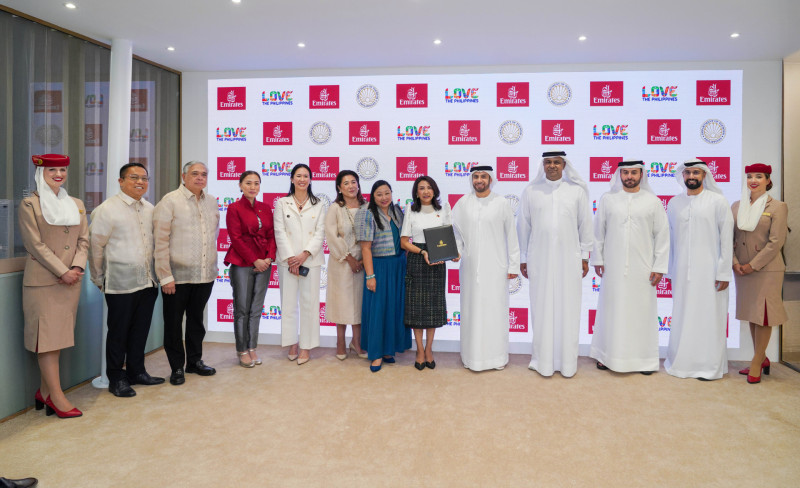
The presence of high-profile guests, including UAE royal dignitaries such as His Highness Sheikh Mohammed bin Rashid Al Maktoum, underscored the airline’s leadership in shaping the future of global travel.
Forging the Future Through Strategic Partnerships
Emirates announced nearly 40 strategic partnerships, spanning tourism boards, ministries from 21 countries, technology partners, cruise lines, airlines, and rail operators. Among the most notable collaborations were the extension of the long-term partnership with MSC Cruises and a new agreement with Hapag-Lloyd, both aimed at reinforcing Dubai’s status as a premier cruise hub and enriching the air-sea travel experience for passengers.
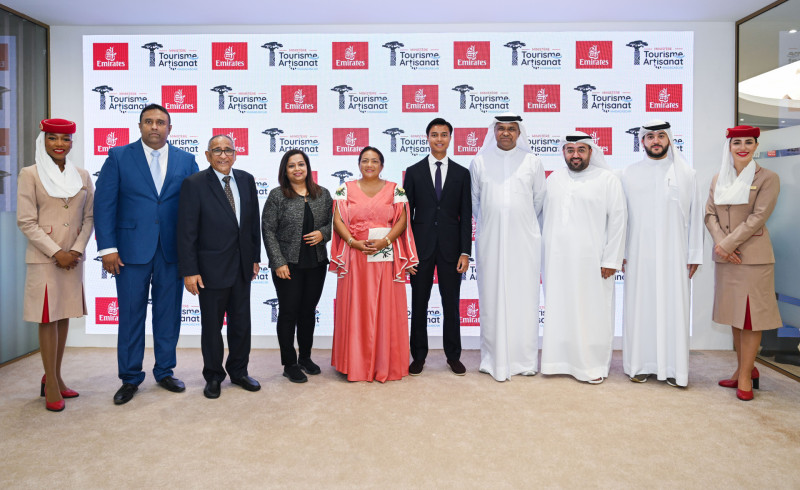
Emirates also reinforced its executive partnership with the Cruise Lines International Association (CLIA), further solidifying its leadership in the luxury cruise segment.
In the aviation sector, Emirates expanded its global reach through new interline and codeshare agreements. The airline explored the framework for an interline agreement with Kuwait Airways and began discussions on reciprocal codesharing with Philippine Airlines.
Emirates also officially activated its codeshare partnership with Condor, granting Condor passengers access to 13 Emirates destinations via Dubai, including popular leisure spots such as Bali, Bangkok, Phuket, and Cape Town. Additionally, a new codeshare agreement with Air Seychelles was established, further broadening Emirates’ network and offering seamless connectivity for travelers across continents.
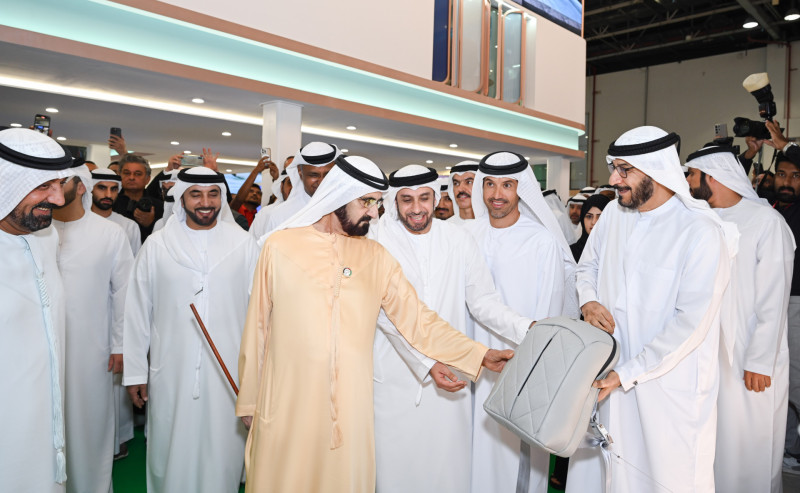
Elevating the Passenger Experience
Emirates unveiled a fleet of retrofitted aircraft featuring refreshed interiors, with upgraded A380s now serving key routes to Bangkok, Hong Kong, Nice, and Perth, and renovated Boeing 777s deployed on routes to Madrid, Kuala Lumpur, Phuket, Frankfurt, and Dublin. These enhancements are part of Emirates’ ongoing mission to deliver a refined, luxurious travel experience and to position itself at the forefront of the industry’s evolution.
Empowering the Travel Ecosystem
Recognizing the diverse needs of the global travel market, Emirates launched a series of initiatives aimed at empowering different travel segments. The airline hosted its first-ever travel industry workshop series, partnering with seven tourism boards and attracting over 350 trade partners from 15 countries.
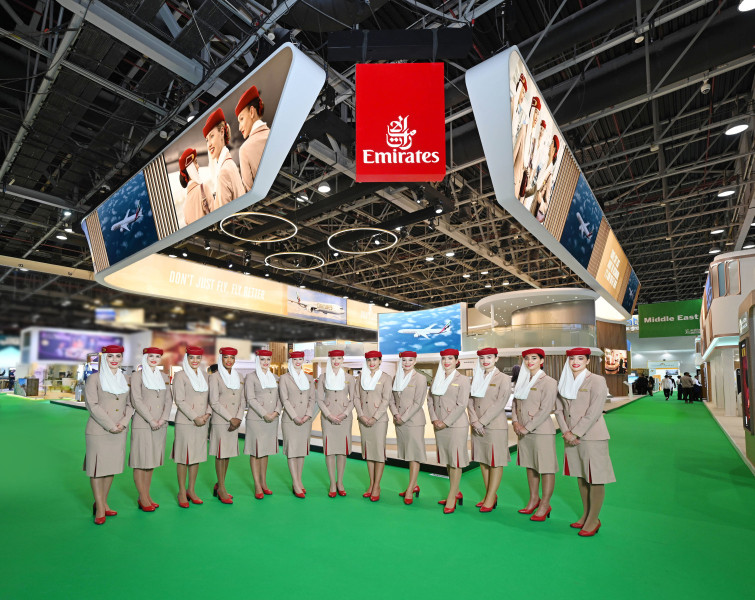
These workshops, alongside more than 600 industry meetings and networking sessions, provided a platform for knowledge exchange and fostered deeper collaboration within the travel sector. Emirates also signed a Memorandum of Understanding (MOU) with American Express Middle East, exploring new offerings for small and medium-sized enterprises (SMEs) across the Middle East and North Africa. This partnership is expected to deliver tailored payment solutions and exclusive incentives, further supporting the region’s vibrant SME sector.
A Vision for Tomorrow’s Tourism
The announcements at ATM 2025 reflect Emirates’ ambitious vision for the future of international travel, perfectly aligned with the event’s theme, “Global Travel: Developing Tomorrow’s Tourism Through Enhanced Connectivity.” By leveraging its extensive network, cutting-edge technology, and strategic partnerships, Emirates is not only elevating the passenger experience but also driving the growth of global tourism.
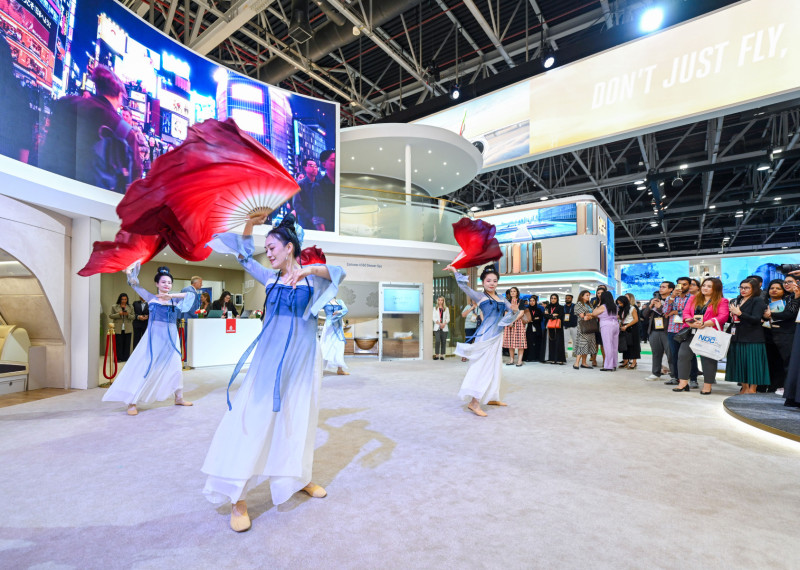
As the airline celebrates its 40th year of operations, its bold innovations and collaborative approach signal a new chapter in the evolution of international travel.
A Platform for Global Dialogue and Collaboration
Emirates’ presence at ATM 2025 was not limited to product launches and partnership signings. The airline played a pivotal role in fostering dialogue and collaboration among global tourism stakeholders. Emirates welcomed delegations from around the world, including a high-profile visit from Jamaica’s Ministry of Tourism, and renewed longstanding relationships with organizations such as the International Congress and Convention Association (ICCA), IDP Education, and Huawei.
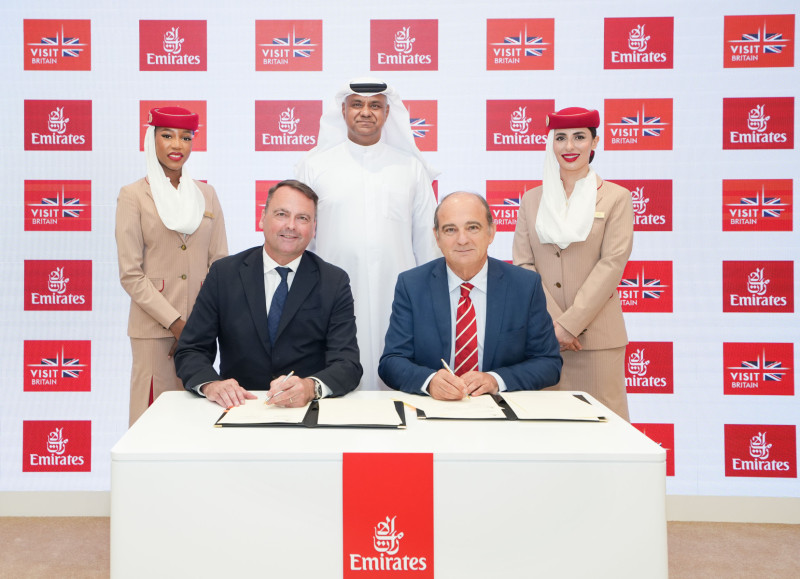
These engagements reflect Emirates’ holistic approach to tourism development, encompassing everything from student travel and business events to digital innovation and destination marketing.
As the global travel industry continues to recover and evolve, Emirates’ leadership at ATM 2025 sets a powerful example for how visionary thinking, strategic partnerships, and customer-centric innovation can drive the future of tourism forward

.jpg)




 (1).jpg)
.jpg)
 (1).jpg)
.jpg)


.jpg)

.jpg)

 (1).jpg)
.jpg)





.jpg)
.jpg)
.jpg)







.jpg)







.jpg)
.jpg)
.jpg)
.jpg)





 (1).jpg)
.png)
.jpg)
.jpg)